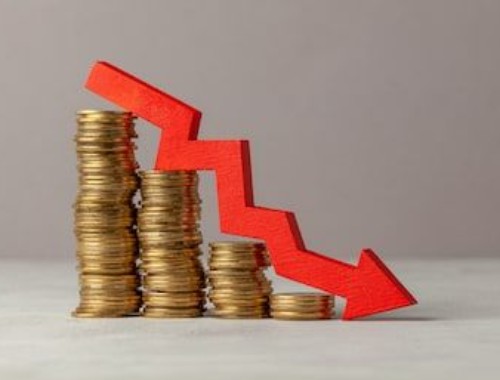U.S. household consumption unexpectedly drops in November, the government may implement the second round of fiscal stimulus
On December 16th, the United States Department of Commerce released November’s national retail sales figures.
In November, total retail sales in the US were $546.5 billion, down 1.1 percent month-on-month and up 4.1 percent year-on-year.
Among them, the sales of furniture and household products in November this year was 10.31 billion U.S. dollars, which was a 1.1% decrease from the 10.42 billion U.S. dollars in October.
In the first 11 months of this year, the unadjusted cumulative sales of US furniture and household goods retail stores were $99.98 billion, still lagging behind by 6.4% in the same period last year.
Retail sales of building materials and garden equipment rose 1.1 percent to $38.27 billion from $37.84 billion in October and 18.7 percent from $32.23 billion in November.
In addition, in the first 11 months of this year, the unadjusted cumulative sales of building materials and garden equipment retail stores in the United States increased by 13.4% year-on-year.
Data show that due to the continuous increase in the infection rate of COVID-19 in the United States and the decline in household income, the decline in US retail sales in November exceeded market expectations by 0.3%. It is expected that it will take a long time for the overall US economy to recover and rebound from the epidemic recession.
It is understood that in the past seven months, retail sales in the United States have experienced a month-on-month decline for the first time, which is likely to remind the US government to implement the second round of fiscal stimulus measures as soon as possible.
It is worth noting that November is still the traditional peak season for sales in the United States, but from the data point of view, consumers have not made large shopping expenses. This is probably due to the fact that some consumers are facing unemployment pressure which drives them to reduce the shopping budget.
Moreover, because CDC officials warned people to pay attention to the prevention and control of the epidemic, during this year's "Black Friday" shopping boom, the traffic of physical retail stores was only half of the same period last year. Most consumers have turned to online shopping platforms.


























 沪公网安备31010402003309号
沪公网安备31010402003309号